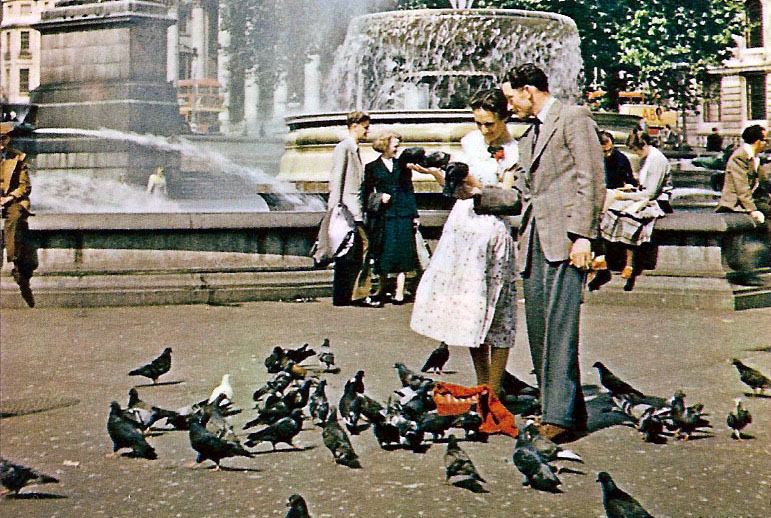Secret recordings reveal the sexual struggles of Fifties Britain
"And as we try to come to terms with 21st century sexual pressures, it might help to reflect on what this generation went through in the 1950s"
How women tried to overcome sexual difficulties at a pivotal moment in Britain's sex history has been studied by Dr Caroline Rusterholz, Historian and College Research Associate at St John’s.
She examined incredibly rare audio recordings of Britain’s earliest sexual counselling sessions for the first time.
In these recordings women confided painful secrets about their physical discomfort, fears and worries to pioneering sexual counsellor Joan Malleson, who was secretly taping their conversations.
Dr Rusterholz’s study published today in Twentieth Century British History, investigates how Malleson combined psychological techniques with practical exercises to treat a range of sexual disorders. It also reveals that seeking sexual fulfilment in 1950s Britain could be a deeply confusing and upsetting quest for couples.

Trafalgar Square, London, in the 1950s. Photo credit: Leonard Bentley via Flickr
"Malleson was an important part of a movement which helped many couples find sexual and emotional satisfaction"
The recordings belong to the Wellcome Library in London. To avoid any ethical issues, they have been anonymised and any personal information that might lead to the identification of individuals has been removed.
Dr Rusterholz said: “This evidence is crucial to understanding shifting sexual attitudes and major developments in sexual counselling in this period. And as we try to come to terms with 21st century sexual pressures, it might help to acknowledge and reflect on what this generation went through in the 1950s.”
Joan Malleson (1899–1956) was a birth control advocate and one of the first female doctors to provide contraceptive and sexual health advice to her patients. In doing so, she realised that the difficulties her patients faced extended to sexual marital relations. In 1938 she became head of the clinic for marital difficulties at the North Kensington Women’s Welfare Centre and started providing sexual counselling. From 1950 she continued her work at University College Hospital’s contraceptive clinic.
Malleson recorded 14 sessions without her patients’ knowledge in the early 1950s. The tapes last from six to 30 minutes and record crying, tormented silences and occasionally laughter, as well as patients speaking about their anxieties, fears and disappointments. All of the patients were relatively well-off women and all but one was married. The voices of three husbands, who visited Malleson to support their wives, also feature in the tapes.
Dr Rusterholz continued: “Malleson was an important part of a movement which helped many couples find sexual and emotional satisfaction.
“She was a pioneer and her legacy lives on – sex therapists still search for the origins of sexual difficulties via talk therapy and they still recommend practical exercises. But I think Malleson’s single biggest contribution was speaking up for the clitoral orgasm.”
Patients consulted Malleson for three main complaints: difficulty or inability to have sexual intercourse through penis-vagina penetration due to vaginismus (involuntary contraction of muscles around the opening of the vagina), ‘inhibition of orgasm’ and ‘frigidity’. In four cases, patients were sent by their psychiatrists because of their depressive state, fear of intercourse and feelings of hopelessness.
Dr Rusterholz added: “Today, lack of sexual pleasure has become a pathological problem to be cured with magic pills. Aggressive pharmaceutical campaigns now target female sexual dysfunctions. This might help some people but perhaps Joan Malleson was ahead of her time when she warned against societal pressure to reach orgasm.”
You can read more about Dr Rusterholz’s research on the Cambridge University website.
Published: 16/04/19